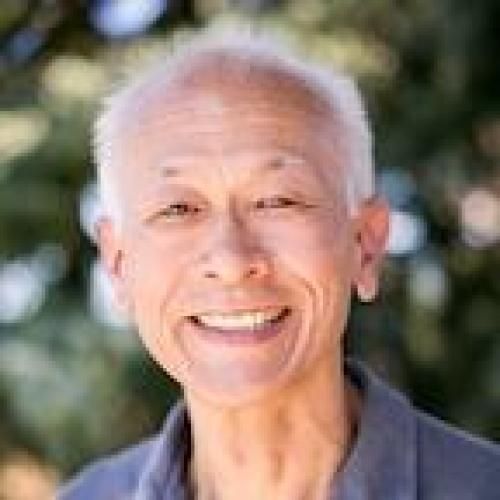
Soup, harmony, and disagreement
Is the ancient Confucian ideal of he, 'harmony,' a viable ideal in pluralistic societies composed of people and groups who subscribe to different ideals of the good and moral life? Is harmony compatible with accepting, even encouraging, difference and the freedom to think differently? I start with seminal characterizations of harmony in Confucian texts and then aim to chart ways harmony and freedom can be compatible and even mutually supportive while recognizing the constant possibility of conflict between them. I shall point out how the Confucian notion of harmony resonates with the Indian King Asoka's project of promoting religious pluralism. Along the way, I will make some comments of a 'meta' nature about the kind of interpretation I am offering of harmony in the Confucian texts and the use to which I am putting this interpretation by setting it in the context of societies that in important respects are quite different from the ones from which concepts of harmony originally emerged.
Duke Scholars
Published In
DOI
EISSN
ISSN
Publication Date
Volume
Issue
Start / End Page
Related Subject Headings
- 5003 Philosophy
Citation

Published In
DOI
EISSN
ISSN
Publication Date
Volume
Issue
Start / End Page
Related Subject Headings
- 5003 Philosophy

